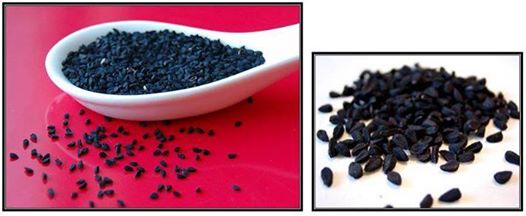بِسْمِ اللَّـهِ الرَّحْمَـٰنِ الرَّحِيمِ Peace and Blessings of Allah be upon Prophet Muhammad his family and companions. Excerpt from Ibn Arabi’s Al Futuhat Al Makkyya (Meccan Revelation): Inspired Knowledge and Divine Governance: The Mahdi’s “Helpers” Al Futuhat Al Makkiyya: Chapter 366: Concerning Inner Knowledge of the Stage of the Helpers of the Mahdi (Who is to) Appear at the End of Times: …Know–may God support us!–that God has a viceregent (khalifa) who will come forth when the earth has become filled with injustice and oppression, and will then fill it with justice and equity. Even if there were only one day left for this world, God would lengthen it so that he (i.e., the Mahdi) could rule. …He will wipe out injustice and its people and uphold Religion (al-Din), and he will breathe the spirit back into Islam. He will reinvigorate Islam after its degradation and bring it back to life after its death He will levy the poll-tax and call (mankind) to God with the sword, so that ...


Comments
Post a Comment